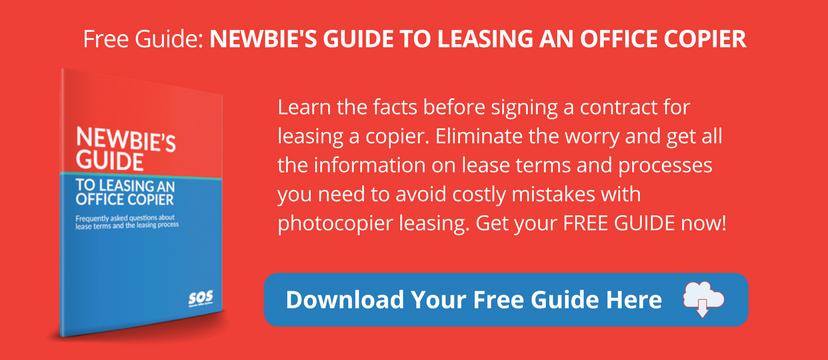Copier Lease Agreement Terms You Need to Understand
Are you uncomfortable with the legalese contained in a copier lease agreement? If you aren’t an attorney or don’t have experience securing a copier for your business, an office copier lease might be an intimidating document.
Let’s take a look at some of the challenges facing you as you look into a copier machine lease.
Navigating a copier lease agreement without sinking
Many businesses enter into a copier lease agreement to avoid shelling out thousands of dollars upfront to purchase a high-end multifunction copier. By signing a copier lease agreement, you’ll pay a monthly or quarterly fee for your copier over the life of a lease, which is commonly three to five years in duration.
Related article: Rent, Buy or Lease Your Copier? How to Decide
When you solicit proposals from copier leasing companies, it’s crucial that you know your copier needs. Start with a needs assessment going in, so you won’t fall for a high-pressure pitch that sticks you with more copier than you need and an expensive monthly lease bill. You can avoid copier lease overkill by accurately assessing how many copies you make in a month. If you make 20,000 copies a month, don’t lease a machine capable of producing 200,000 copies a month. Don’t pay for volume you don’t need. The same goes for other features: talk to your co-workers to find out what copier features they need.
Don’t go in blind: Understand lease terms before you meet with copier leasing companies
Understanding lease terms is critical to securing a fair copier lease agreement. By grasping copier lease agreement terms, you’ll be better prepared to compare copier lease rates and what the copier leasing companies are giving you for your monthly fee. In this blog we’ll explain some basic copier lease agreement terms you’ll need to understand.
For a more in depth look at the copier lease agreement process, check out our free guide: The Newbie’s Guide to Leasing an Office Copier.
Lessor. Though you’ll be obtaining a copier through a copier leasing company, like Superior Office Systems, you’ll finance the lease through a bank or other lending institution. Just like when you lease a car, your dealer will choose the lender, referred to as the lessor in contract terms, based on who is offering favorable interest rates and who will most likely approve your credit.
Lease term. This is the period you agreed to use and pay for the copier. Leases can stretch from 24 to 60 months, but are usually three to five years. Longer leases mean lower monthly installments, but are more expensive overall. If you anticipate high volume usage, you may not want a 5-year term because your machine might not least that long. Your dealer should advise you on lease length based on volume and type and brand of equipment.
Payments. Your payments will be based on the value of the machine divided by the number of payments scheduled over the life of the lease, plus interest.
Rebates. Often copier manufacturers offer promotions to make their copier lease agreement more attractive than their competitors. Your dealer should make you aware of any rebate programs.
Fair market value. It is not uncommon to sign a copier lease agreement that gives you the option to buy the copier at the end of the lease. Companies typically opt to buy a copier at the end of a shorter term lease because the copier is more likely to have some longevity and not reached a stage of unreliability. The purchase price, which is determined by the bank, usually ranges from 25 to 30-percent of the original cost of the machine.
Warranty. Your agreement will probably say the lease does not contain an equipment warranty. Lucky for you that this does not necessarily mean your equipment does not have warranty coverage. That’s because the warranty likely is included in your service contract from your copier dealer rather than from the financial institution.
Related article: 3 Tips for Choosing the Right Copier Service Contracts
Interim rent. Lenders adhere to billing cycles, which will contain specific payment due dates such as the 1st or 15th of the month. If your equipment arrives before the first billing cycle, you may be charged an interim rent payment to cover the time you had the copier before the contract’s set start date.
Tricky business – Give pause for these clauses.
Automatic Renewal. Automatic contract continuations are not unusual in a copier lease agreement and are a lessee’s nightmare. When your lease is approaching its expiration date, you are required to notify the financing company of your intention to return the equipment.
If you do not send the lender a letter of intent to return the machine in the specified timeframe contained in your copier lease agreement, you may face an automatic 12-month renewal. The renewal means a year more of payments for a copier that you may no longer want. If your service contract and lease are combined, you’ll be paying for service, too. It is advisable to have a service contract separate from your lease. Make sure you post a warning on your electronic calendar for the expiration date and take action!
$1 Buyout option. As previously mentioned, sometimes lenders allow you to purchase the copier for $1 at the end of the lease. The buyout may sound like an attractive option in your copier lease agreement, but it could be costing you more money on your monthly lease payments. It may be more prudent to agree to smaller payments and decide at the end of the lease whether you want to purchase the copier. Deciding at lease’s end will give you the benefit of knowing the condition of your copier and whether your copying needs have changed.
Insurance surcharge. Check your copier lease agreement for any insurance surcharges. Some lenders require that your leased equipment have insurance protection. You may be able to avoid an insurance surcharge if you can demonstrate to the lender that your office insurance policy covers copiers.
Careful with calculations & shipping
Many lease companies will allow you to add copiers to a lease and recalculate the lease based on the additional equipment. Carefully look at the numbers for hidden rate increases and to make sure that you are not paying more than the value of the equipment.
Make sure you examine your copier lease agreement for shipping terms. It is not unusual for the lessee to be responsible for picking up the shipping tab, which could exceed $500, at the end of a lease.
Choose your vendor carefully to avoid expensive surprises
Here’s the bottom line: is your vendor being helpful by explaining lease terms so you know what you’re signing? Do they have your back by making sure you’re not stuck with lease terms that are not in your best interest? At SOS, we believe in transparency and integrity. We are always happy to advise you on lease terms; feel free to reach out with your questions.




